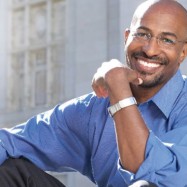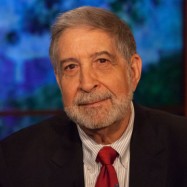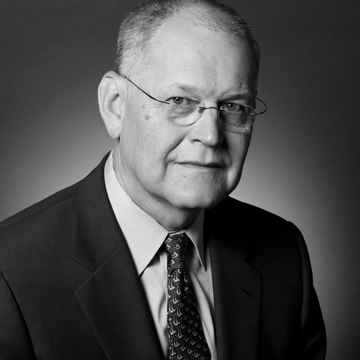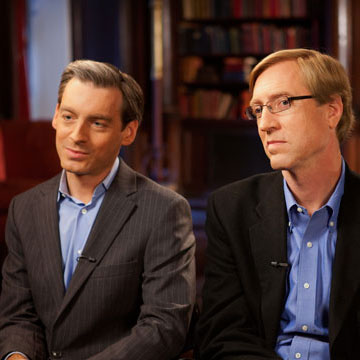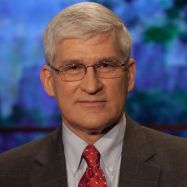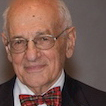Against this I balance the possible continuation of drone wars; indefinite detentions; extraordinary and unchecked powers of life and death claimed for the executive (where is there any complaint from the “strict constructionalists”?); the continuation of the Afghanistan war for at least two more years; a bloated military establishment; and, at home, more sanctioned drilling and fracking for oil and gas; absence of strong support for an imperiled labor movement; no substantive push to attack poverty; nor the corruption of our electoral system by money; a push for free trade pacts that encourage the export of American jobs — and that’s not even a complete list. Don’t tell me that he wanted to change these policies but was stymied by the Republican House. He showed no signs of strong initiatives on those fronts in the first two years, either.
It is hard to know how the electorate really felt about these issues, since none of them were addressed in any thoughtful way by either candidate and minority-party nominees were shut out of the debates for the most part out by the media. There seems to be little doubt that jobs were the major issue and that a majority of the popular vote is on the side of maintaining Social Security and Medicare as they stand. The president needs to bear that in mind as he enters negotiations for the so-called grand bargain. But will he?
He can sense a progressive wind blowing and move left. Or he can reason that he didn’t run a populist campaign and won anyway, so that the public will continue to be satisfied with the status quo of flag waving, war, modest stimulus packages, cautious regulation, and building an infrastructure for business and “training” — not educating workers for the high tech future.
He has the choice of steering towards the revival of old-line progressivism as his “legacy” or of clinging to his original hope of being the president who ended partisan warfare, and brought the red and blue states to live in happy bipartisan harmony. I would put my money on the latter but will remain open-minded for a while, at least.
Still, there are things to cheer about in the election — cheers for California voters who actually voted for a tax increase and gave Governor Brown veto-proof majorities in the state legislature; for voters in Maine, Maryland and Washington state who legalized marriage equality, for those in Florida who beat back new attempts to deny public funds for abortion, and in Massachusetts who elected Elizabeth Warren and equally progressive senators in several other states. And who defeated the more cave-dwelling Republicans whose idiocies about denying rape victims abortions did them in.
Yes, there is an emerging coalition of women, Latino, Asian and African Americans who are going to change the political landscape of the coming generation. I think about the historical precedent of the urban immigrants — largely southern and eastern Europeans — whose votes for the New Deal and the liberal welfare state in 1936 opened the door to some of the best years of American life in the postwar years. So I take heart in the chance for a better future that I am not likely to be around to see.
Bernard A. Weisberger is a distinguished teacher and author of American history. He has been on the faculties of the University of Chicago and the University of Rochester, is a contributing editor of American Heritage for which he wrote a regular column for ten years, has worked on television documentaries with Bill Moyers and Ken Burns, and has published some dozen and a half books as well as numerous articles and reviews. He lives in Evanston, Illinois, with his wife. This year, he has co-authored two On Democracy essays with Bill: “The One Percent Court” and “Money in Politics: Where is the Outrage?“



